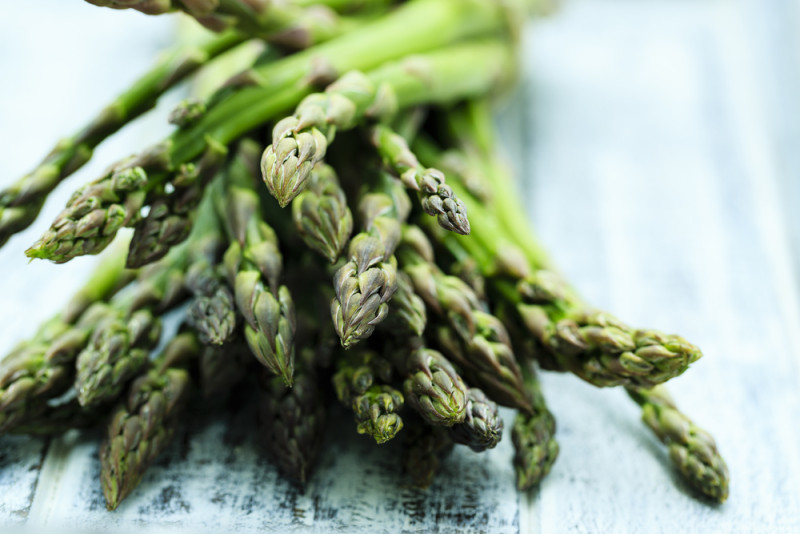Inflammatory Bowel Syndrome – just the name is uncomfortable. But IBS is a real problem affecting millions worldwide. An IBS diet can bring relief.
Inflammatory bowel disease is characterized by symptoms that include cramping, abdominal pain, bloating, gas, diarrhea or constipation. IBS is a chronic condition that millions of Americans suffer from. (1) When it comes to IBS symptoms and treatment, diet can make all the difference. Following an IBS diet can help promote healthy digestion while lessening the frequency and severity of common IBS symptoms. The right foods can serve as a form of natural treatment of IBS.
IBS Diet
1. Fresh Vegetable Juice
Fresh vegetable juice can help provide the body with electrolytes. It’s a great way to great nutrients for those who suffer from mild IBS. People who suffer from more severe IBS may not be able to tolerate fresh vegetable juice.

2. Homemade Bone Broth
Homemade bone broth contains amino acids that are essential to digestive health. The proline and glycine in bone broth can help repair intestinal damage. (2)
3. Water
Drinking plenty of water is an essential part of maintaining a healthy digestive system. Drink 8 ounces of fluid every 2 hours to stay hydrated throughout the day.

4. Clean, Lean Protein
People who suffer from IBS are often deficient in protein. If you choose to eat animal proteins, then you must make sure your sources are organic and lean, so they don’t worsen IBS symptoms. Spirulina provides an excellent source of bioavailable protein and is an excellent choice with digestive issues.
5. Steamed Vegetables
IBS sufferers should eat cooked or steamed and non-starchy vegetables. Non-starchy vegetables are easier to digest so they work best for an IBS diet. Try corn, asparagus, bean sprouts and artichokes. (3)

6. Healthy Fats
An IBS diet should include healthy fats in moderation. Avocados, ghee and coconut oil are gut-friendly forms of healthy fats that shouldn’t disturb IBS.
7. Fruit
Fruit in moderation is a healthy part of an IBS diet. For those with severe IBS, try steaming apples and pears to make homemade apple sauce.

IBS Foods To Avoid
1. Conventional Dairy
Pasteurized dairy and dairy from cow’s milk can be hard to digest for IBS sufferers. Remove it from your diet to avoid triggering IBS symptoms. (4)
2. Gluten
Gluten is a trigger food that could cause IBS symptoms to appear if you have an unknown sensitivity. Remove wheat, barley and rye from your diet and avoid pastries and other baked goods made with gluten.

3. Sugar and Refined Flour
Both sugar and refined flour are feeding grounds for bacteria in the body. Consuming too much processed sugar can have negative effects on the immune system.
4. Caffeine
Caffeine has the ability to stimulate the digestive tract, which is a problem for many IBS sufferers. It can cause an upset stomach and inflammation. (5)
5. Potential Allergens
Food allergens and sensitivities can easily cause diarrhea. Stay away from common food allergens including gluten, nuts, shellfish and dairy.

6. Spicy Foods
Many people who have IBS have trouble digesting spicy foods. While they may taste good, spicy foods can end up worsening IBS symptoms.
7. Grains
Whole grains contain phytic acid and starch. Both compounds can irritate the intestinal lining, which can lead to gut issues including IBS symptoms. (6)
For more information on IBS symptoms and natural remedies, click here.
Sources:
1. Mayo Clinic
2. Paleo Leap
3. Every Diet
4. WebMD
5. Livestrong
6. Paleo Leap


